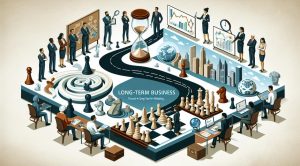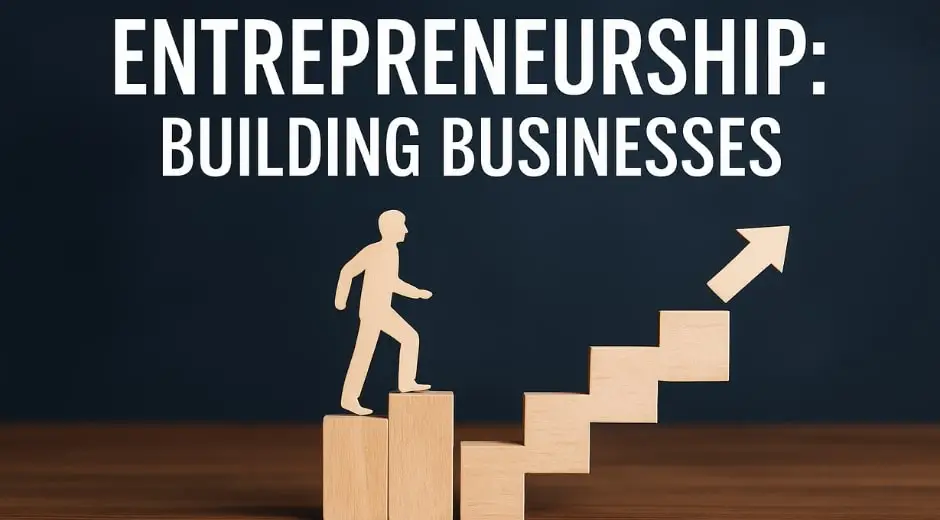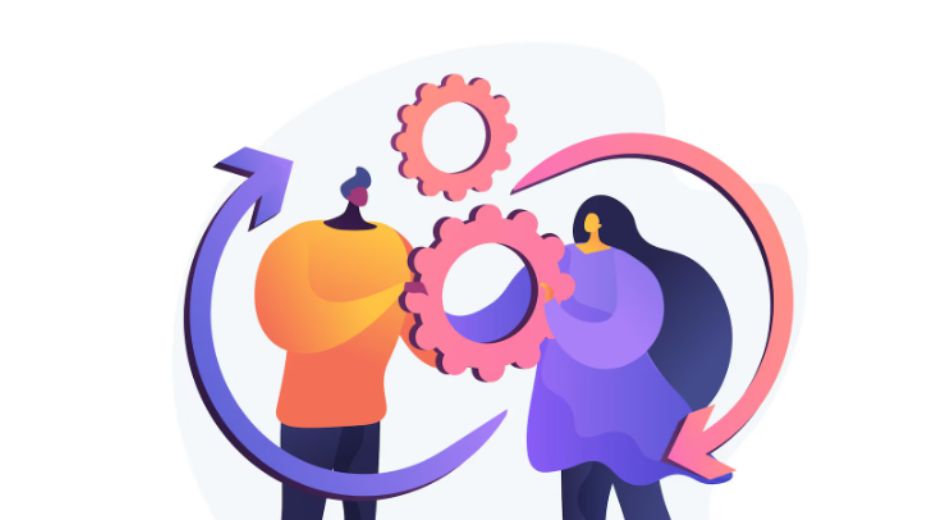Business Resilience: Thriving Through Change and Uncertainty
In today’s volatile economy, business resilience has become a defining factor between companies that thrive and those that fade away. Entrepreneurs no longer rely solely on bold ideas or quick wins; they must master adaptability, foresight, and the ability to recover from disruptions with strength and innovation.
Resilience is more than surviving a setback—it’s about transforming adversity into a catalyst for growth. The most successful entrepreneurs build organizations that can weather crises, pivot strategically, and sustain long-term progress.
The Core of Business Resilience
At its foundation, business resilience is the capacity to anticipate risks, absorb shocks, and continue operations without losing momentum. Resilient leaders create systems that don’t collapse under pressure but instead adapt fluidly to market fluctuations. This adaptability separates short-lived ventures from enduring enterprises.
Entrepreneurs who invest in resilience training and proactive planning report higher levels of confidence and productivity. According to a 2024 report by Harvard Business Review, companies emphasizing resilience achieved 20% higher recovery speed after economic downturns compared to those without structured contingency plans.
Emotional Agility and Leadership Under Pressure
True resilience begins with the entrepreneur. The mental toughness of a leader directly affects the organization’s ability to handle uncertainty. When markets shift or funding dries up, emotional agility—the ability to regulate stress and respond thoughtfully—determines whether a team stays motivated or loses focus.
Entrepreneurs who lead with calm clarity create a stabilizing effect. They maintain morale, ensure transparent communication, and encourage creativity even under pressure. That emotional balance becomes the cornerstone of business resilience.
Building Structural Resilience into the Organization
Resilient organizations aren’t born—they’re built intentionally. The following structural practices form the backbone of enduring business systems:
Diversified Revenue Streams: Depending on a single source of income exposes a company to unnecessary risk. Expanding into complementary products or services spreads stability.
Digital Agility: Businesses that invest in automation and cloud-based systems can pivot operations quickly when disruptions occur.
Knowledge Transfer Systems: Documenting processes ensures that critical know-how isn’t lost if key personnel leave.
Continuous Scenario Planning: Regularly running “what if” analyses allows businesses to anticipate potential shocks and respond faster.
Entrepreneurs who follow these steps turn chaos into opportunity.
Learning from Failure
Resilient entrepreneurs don’t fear failure—they analyze it. Each setback offers lessons that shape stronger strategies. When reviewing what went wrong, they ask, “What can I do differently next time?” rather than “Why did this happen to me?”
This growth-oriented mindset drives innovation. For example, during the 2020 global disruptions, many small businesses transformed temporary closures into opportunities to reinvent themselves online. By embracing digital transformation, they improved efficiency and customer engagement.
You can find more case studies and expert analyses on Forbes—a valuable source for exploring how resilient businesses redefine success through adaptability.
The Financial Side of Resilience
Financial discipline forms the backbone of sustainable entrepreneurship. Building reserves, maintaining healthy credit, and securing flexible financing options help safeguard against downturns. A strong business resilience strategy always includes a cash-flow safety net and measured investments.
Entrepreneurs who integrate resilience into their financial planning can pivot faster when new opportunities arise. As markets evolve, liquidity provides freedom of action—a critical advantage for startups aiming to stay ahead.
The Human Element: Teams That Withstand the Storm
A business is only as resilient as its people. Teams built on trust, mutual respect, and clear communication can adapt together under pressure. Encouraging collaboration and recognizing employee contributions fosters loyalty and creative problem-solving.
When employees feel supported, they are more likely to go the extra mile during difficult times. Resilience is, therefore, both a leadership philosophy and a collective strength.
Integrating Resilience Into Your Entrepreneurial DNA
To truly embed business resilience into your company’s DNA, focus on three core areas:
Preparation: Anticipate potential disruptions, from supply chain issues to digital breaches.
Adaptation: Build the flexibility to pivot quickly without losing your core mission.
Recovery: Learn from every setback, integrate the lessons, and return stronger than before.
Entrepreneurship is an ongoing evolution. Those who build with resilience aren’t just surviving—they’re mastering transformation.
Internal Alignment and Long-Term Vision
On BusinessForumHub, we often emphasize that successful entrepreneurs combine short-term adaptability with a long-term vision. The two elements work hand-in-hand. Without vision, adaptability becomes reactionary; without adaptability, vision remains static.
Resilience bridges the gap between strategy and survival. It keeps leaders grounded and ensures that their companies evolve without losing their essence.
Applying the Concept to Your Own Journey
So how do you start cultivating business resilience today?
Reassess your risk management processes quarterly.
Encourage open communication between departments.
Build partnerships with other resilient brands—collaboration often leads to stability.
Continue educating yourself and your team about emerging trends and technologies.
If you want to explore additional insights and real-world applications, check TripBeyondTravel.com, where you’ll find detailed research and interviews with global entrepreneurs navigating uncertainty successfully.
Final Thoughts
Resilience is not a single trait—it’s a complete mindset. For entrepreneurs, it represents the ability to adapt while maintaining integrity and vision. In times of uncertainty, resilience ensures continuity, fosters innovation, and inspires teams to grow stronger together.
By cultivating business resilience, you aren’t just surviving the waves of change—you’re learning to surf them.
Simple Entrepreneurship

Cash Management Habits Every Growing Business Needs
Cash Management Habits Every Growing Business Needs

Process Automation Tools That Save Time and Reduce Errors
Process Automation Tools That Save Time and Reduce Errors

How Team Culture Drives Long Term Business Success
How Team Culture Drives Long Term Business Success

Cost Control Methods That Improve Profit Without Cutting Growth
Cost Control Methods That Improve Profit Without Cutting Growth

Decision Making Skills That Separate Great Leaders From Average Ones
Decision Making Skills That Separate Great Leaders From Average Ones

Long Term Business Thinking In Volatile Markets
Long Term Business Thinking In Volatile Markets













